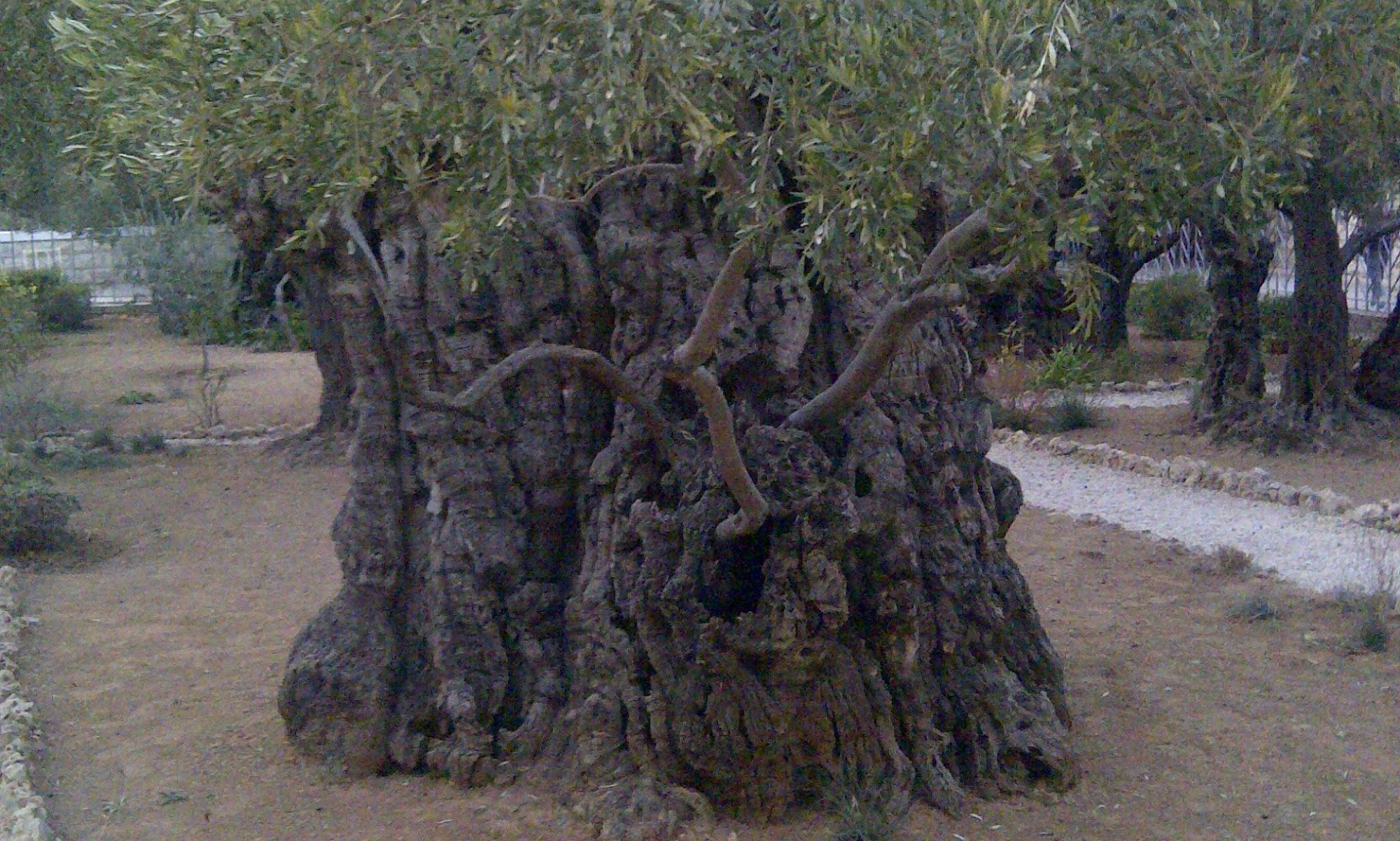
I have received many notices of events from Matthew Stephens, but this is one that I would not have missed. Dr. Mustafa Barghouti, Nobel Peace Prize nominee, peace activist and former candidate for the presidency of the Palestinian Authority, spoke on Palestinian Political Dynamics and the Realities for Middle East Peace in London, at 1:30 pm on Saturday May 8, Middlesex College, University of Western Ontario.
I met several Canadians who are active and committed to solidarity with the Palestinians. One of the groups I am interested in connecting with is Canadians for Justice and Peace in the Middle East, sponsors of Dr. Barghouti’s visit. They are interested in a closer connection with the United Church in London and I have agreed to become a member of the group. The VP of CJPME, Ali Moussa, has offered to provide a video for our use. I also met Yasmine El-Sabawi, Media & Communications Officer of the Canadian Palestinian Association, who is also interested in a closer collaboration.
Dr. Barghouti reviewed the history of the changes in the geographical area of Palestine within the state of Israel over the past 60 years, graphically illustrating how the area established for the Palestinians has been reduced and fragmented and occupied by Israel. He described this fragmentation as apartheid, radically imposed by the 30 metre wall that invades and cuts up Palestinian communities. He also showed graphic videos of the effects of the use of phosphorus and incidiary bombs on civilians, many of whom were children, in the war Gaza.
Dr. Barghouti believes that negotiation will not work. What is needed, he argued, is global resistance, public education and political action, not only by the Palestinians, but by people of all nations. He calls for economic sanctions and divestment against Israel.
The videos of the human rights abuse, humiliation, restrictions, beatings and killings which Dr. Barghouti showed convinced me that it is time to stand up for justice and peace in the middle east. I do not believe the church should avoid criticism of Israel for fear of being accused of anti-Semitism. In fact many writers, including Jews in and outside Israel, argue that criticism of the state of Israel is not anti-Semitism.
Michael Keefer, in Antisemitism: Real and Imagined:responses to the Canadian Parliamentary Coalition to Combat Antisemitism, describes how a group of Canadian parliamentarians, led by Jason Kenney, circumvented the usual practice of appointing parliamentary committees and constituted the “Canadian Parliamentary Coalition to Combat Antisemitism” (CPCCA) as an inquiry into the perceived increase in anti-Semitism. The group’s intention, according to Keefer, is to “brand criticism of the state of Israel …as anti-Semitic, and hence as incitement of hatred.” He notes that Kenney “made clear his readiness to label any criticism of Israel as anti-Semitic” in a speech in Jerusalem in December 2009 when he boasted of his government’s “zero tolerance approach to anti-Semitism” and announced that the Canadian government was eliminating funding for organizations who promote hatred and anti-Semitism. He named several “defunded” organizations – Canadian Arab Federation, the Canadian Islamic Congress and KAIROS, announcing that “We have defunded organizations, most recently like KAIROS, who are taking a leadership role in the boycott, divestment and sanctions campaign.”
When I and two other people met with Dave Vankesteren, Conservative MP for Chatham-Kent Essex in February to discuss the KAIROS cuts, he said that he did not believe that the government should be funding organizations that advocate against government policies, and named Israel in particular. While he did not directly accuse KAIROS of being anti-Semitic, it is obvious now that his opinion was in line with the views of the CPCCA as stated by Jason Kenney. The fact, which we pointed out to him, that CIDA funding of KAIROS was not being used for advocacy did not seem to bear any weight with him.
From my understanding of these recent events and preliminary reading of the analysis of Michael Keefer and others in the book “Antisemitism”, it is apparent that the present Canadian government, through the exaggerated ideological claims of CPCCA, is deliberately trying to “stir up moral panic, and in the resulting confusion to outlaw as ‘antisemitic’ legitimate criticism of the state of Israel’s flagrant violations of international humanitarian law.”
It is time for the church to take a clear stand against the injustice of Israel and resist the accusations of such a stand as anti-Semitic.
Curtis Marwood
See the following web sites:
Canadian Parliamentary Coalition to Combat Antisemitism http://www.cpcca.ca/home.htm
(The official web site of CPCCA. It includes the mandate and transcripts – both written and oral – of the hearings at the inquiry in November 2009.)
Canadians for Justice & Peace in the Middle East (CJPME) http://www.cjpme.org/
Canadian Palestinian Association http://www.cpavancouver.org/
Palestine Monitor http://www.palestinemonitor.org/spip/
The Canadian Charge – http://www.thecanadiancharger.com/page.php?id=5&a=381
(See this site for a review of Michael Keefer’s book.)


